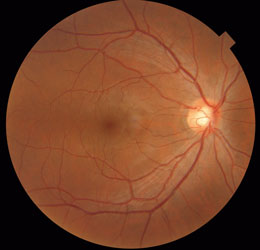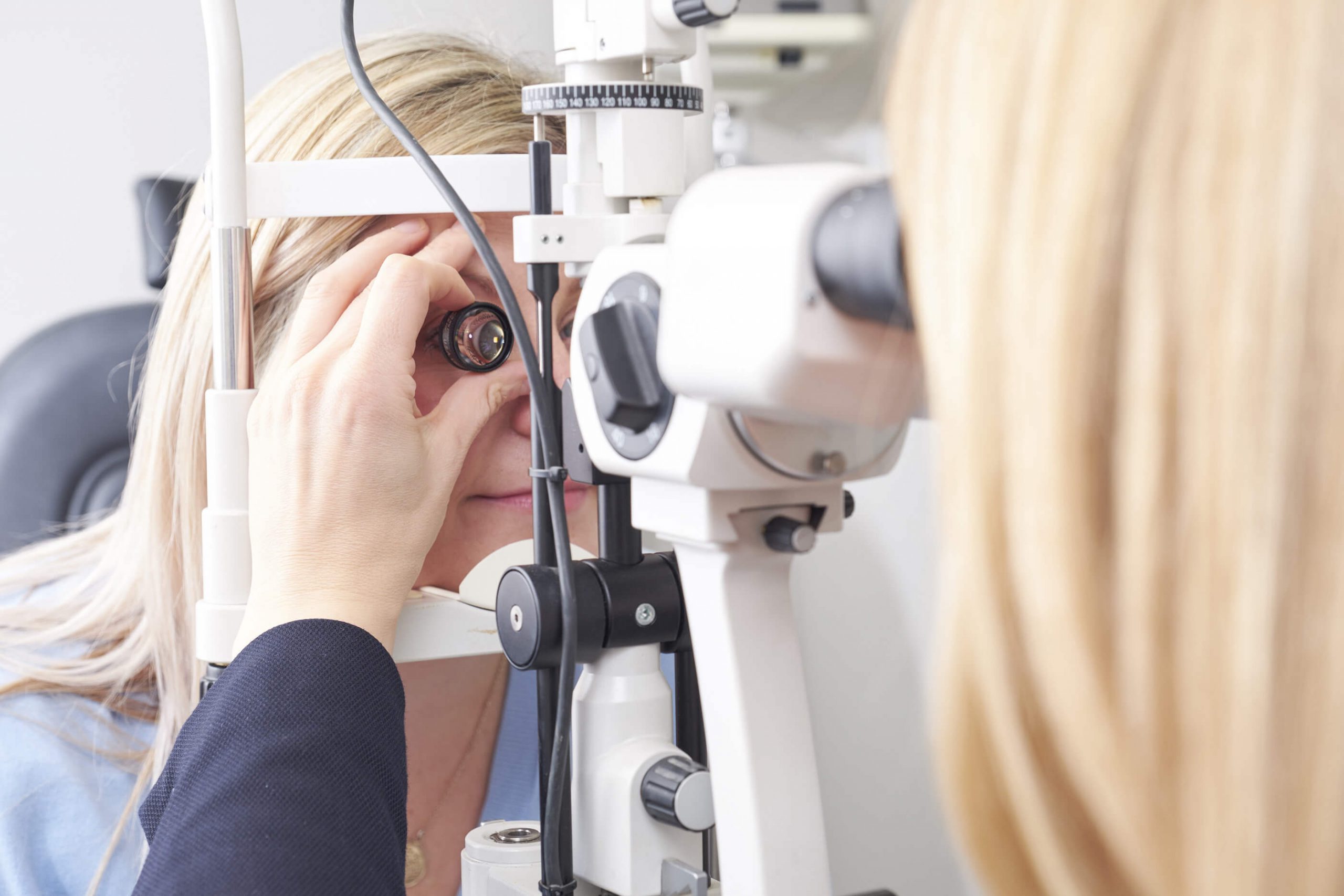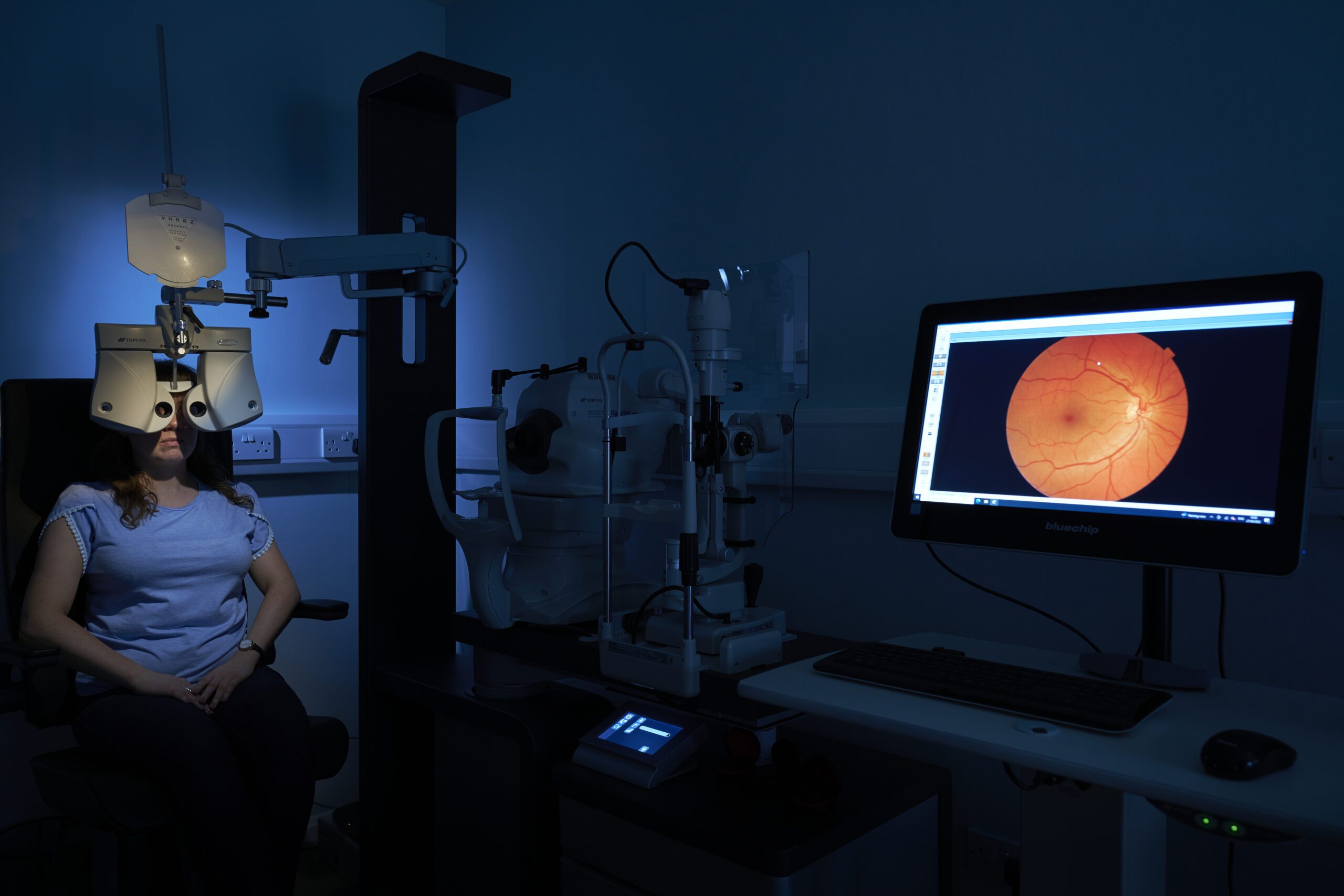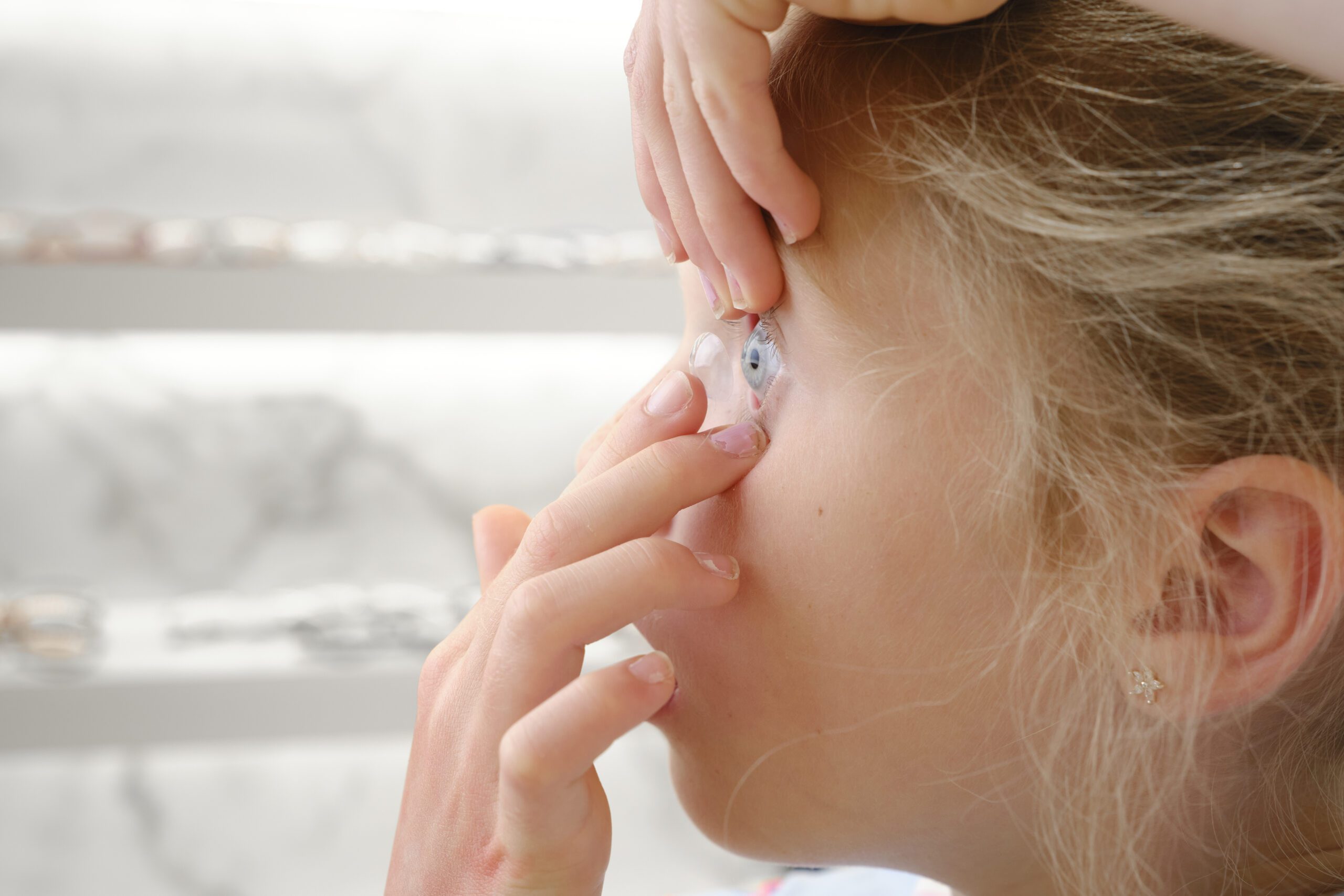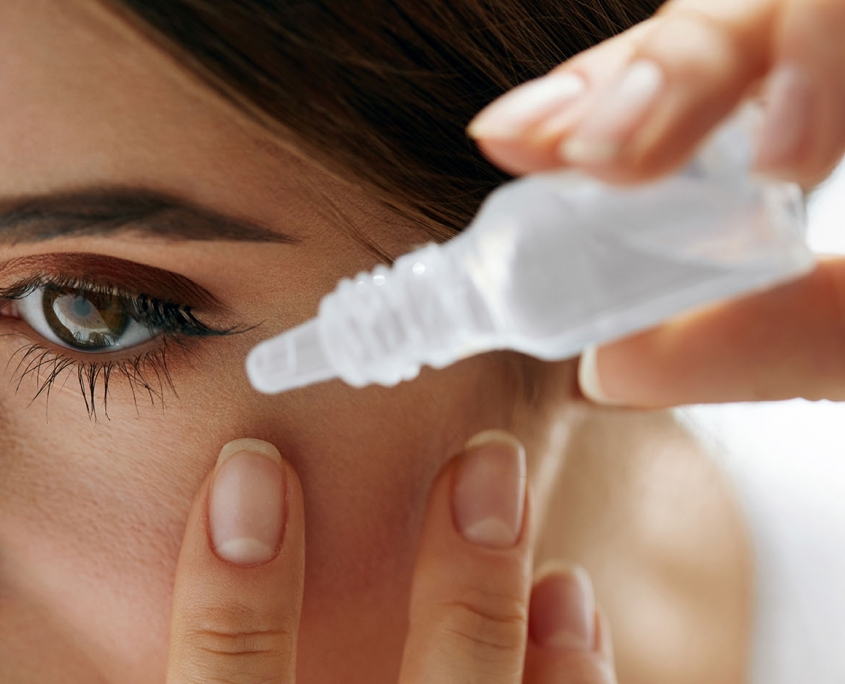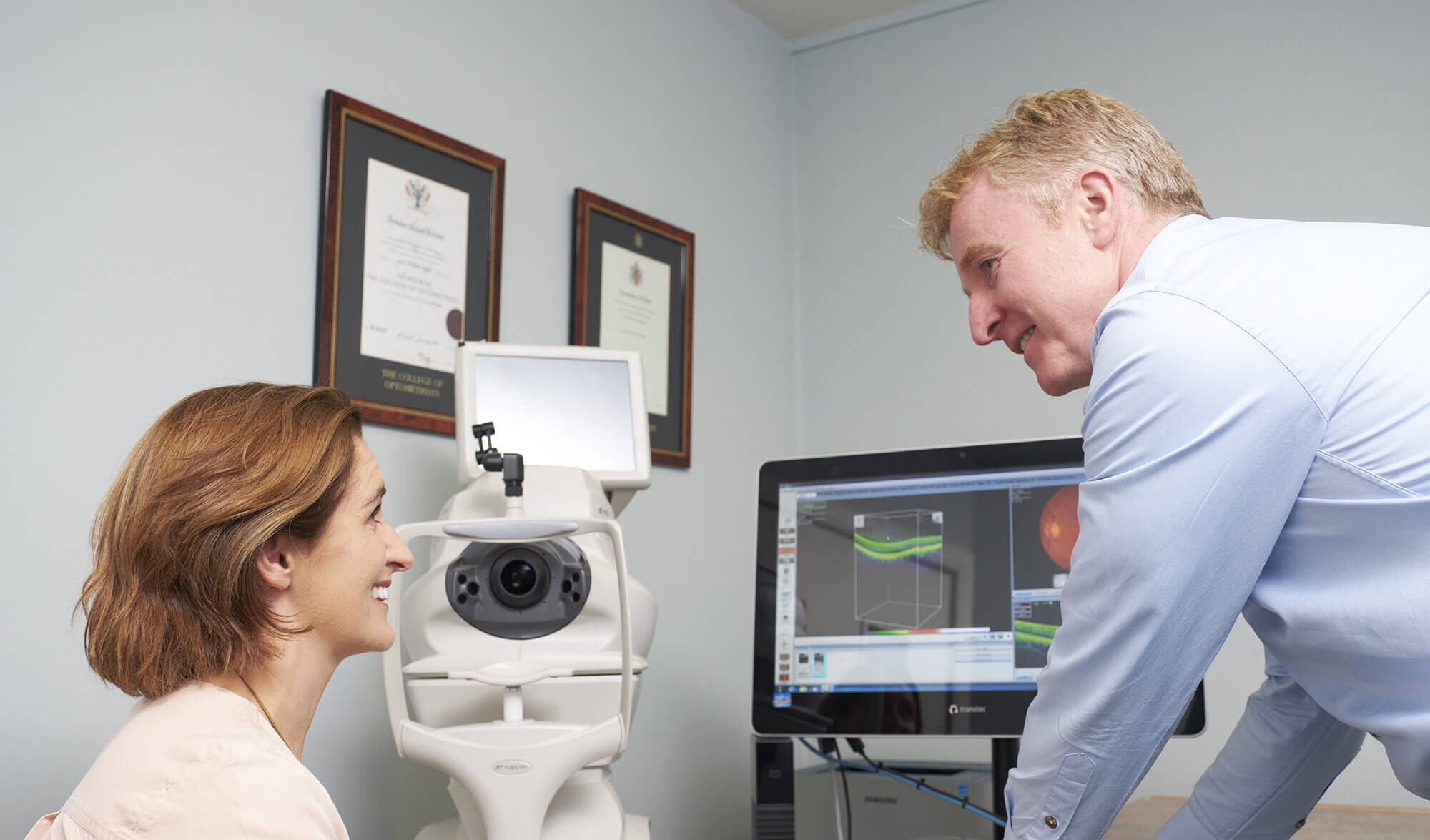Everybody should have regular eye examinations at least once every two years or once a year if you have diabetes. During a comprehensive eye exam your optician can observe and evaluate the health and condition of the blood vessels in your eyes, which are a good predictor of the health of blood vessels throughout your body.
World Diabetes Day (WDD) is marked every year on the 14th November to raise awareness of a condition that millions of people all around the world live with every day. WDD was created by the World Health Organization in response to growing concerns about the escalating health threat posed by diabetes. On the surface, you might think that there are other competing issues that take priority over diabetes such as Covid 19, an unsettled global economy, racial strife and contentious world politics at an epic level. Just as Covid 19 is described as a world pandemic, 6.5% of the population in Ireland has diabetes. Therefore, diabetes can and should be recognised as a health threat.
Diabetes explained
Diabetes is the body’s inability to produce the right amount of a hormone called insulin to control glucose levels in the blood. There are two types of diabetes: Type 1 where your body needs insulin by means of injection or insulin pump or Type 2 which is more generally managed by a combination of dietary control and medication in the form of tablets.
Diabetes can affect your eyes in many ways.
Some people go on to develop an eye complication called diabetic retinopathy. If you don’t have it treated in time, it can lead to sight loss.
What is diabetic retinopathy?
This occurs when the blood vessels at the back of your eye become damaged. This can occur when your blood glucose level and blood pressure are consistently high. There are lots of important blood vessels in your eyes which help supply blood to the seeing part of the eye called the retina. When the blood vessels become damaged they can get blocked, leak or grow randomly. Consequently, the retina cannot get the supply of blood it needs to work properly and in turn affects your vision. There are lots of things you can do to keep your blood sugars and blood pressure in your target range. The more you do this the lower your risk of developing serious problems with your eyes. And if you do begin to develop eye complications, don’t worry, they can nearly always be treated to avoid long-term problems. The key is early intervention to prevent any long-term damage.
Preventing diabetic retinopathy
It’s very unlikely that someone with diabetes will suddenly wake up blind – the damage is gradual. Because of this, it’s possible for most people to prevent diabetic retinopathy from getting worse.
You can keep your eyes healthy by taking these steps:
Get your eyes screened and checked regularly
If you are already diagnosed as a diabetic it’s important to go to your eye screening appointments at your hospital or your optician. In it’s early stages, diabetic retinopathy has no visible or noticeable symptoms. However, when you get your eyes screened a photograph is taken of your retina to check if you have any signs of diabetic retinopathy. If there are signs treatment can begin to prevent vision loss.
At a later stage, some people do notice changes to their vision. These won’t be the same for everyone, but here are some of the early signs:
- seeing floaters – these look like whispy clouds, floating in and out of your vision,
- dimmer vision – like you’re wearing sunglasses all the time,
- struggling to see when it’s dark.
If you notice any changes, or you’re struggling to see as clearly as normal, make an appointment with your optician straight away. Don’t wait until your next screening.
Check your blood sugar levels
Consistently high blood sugar levels make you more at risk of diabetes complications, including eye problems. Knowing what level your blood sugar should be at and regularly checking can help you keep on top of them. Your healthcare team will be able to advise you in managing your sugar levels.
Know your blood pressure and cholesterol
High blood pressure and a lot of fat in your blood (called cholesterol) will increase your chances of getting eye problems. Again, healthcare professionals will be able to assist you in maintaining healthy level.
Make healthy lifestyle choices
A healthy, balanced diet is beneficial to the long-term health of your eyes, especially fresh fruit and vegetables combined with regular exercise and no smoking. It sounds simple and it’s not easy for everyone. Start small and build up to help you make positive changes to your lifestyle.
So even if you think you have perfect vision, an annual eye exam can be one of the best things you can do to protect your health and wellness. Remember an optician can pick up early signs of an eye condition long before you notice any changes in your vision so it is vitally important that you book your regular eye examination.
